Disagreement in selling price of a company are commonplace. The seller, wanting to get the highest price possible, believes that his/her business is worth more than the acquirer thinks or that the decrease in sales is truly in line with the current economic trend. The acquirer, wanting to minimize the price, does not want excessive debt, is leery about all of the growth the seller is trying to convey, or is unsure about employees or a concentrated customer. What tool is often used to bridge this gap? Earn-outs.
What is an Earn-out?
An earn-out is a way for the acquirer to condition part of the purchase price on the future performance of the company. The acquirer pays a portion of the purchase price upfront, and pays the rest if and when the company meets specified goals. For example, if the seller thinks the business is worth $20 million and the acquirer believes it is worth $15 million, they could settle on an initial price of $15 million, and the earn-out would provide the seller with another $5 million if the seller meets the goals specified. Earn-outs tend to increase in popularity when interest rates increase because buyers can spread payments over several years. The earn-out period is usually 2-3 years, although it ranges from 1-5 years. Usually 15-30% of the total is contingent on an earn-out, but that number can be as high as 50% in some deals.
The Advantages and Disadvantages of Earn-Outs
For acquirers, the purchase price can be limited to the amount for which it is certain the business is worth, and pay any excess only if and when the company meets those performance goals. In many cases, the future growth of the company provides a source of capital which it can use to pay the earn-out. One disadvantage for buyers is that earn-outs typically restrict the actions they can take with the target company during the earn-out period. This is because the seller needs to be able to retain enough of an interest to implement the strategies necessary for the promised growth.
For sellers, the seller is provided some breathing room in terms of timing and producing value. If the seller is certain that he or she can improve growth, then the earn-out allows her to receive value for that growth if and when it occurs. Many sellers mistakenly wait to sell because they want to book a great year of growth, but the earn-out structure allows an earlier, more effective exit.
What are the Risks of Using an Earn-out?
The earn-out needs to be structured carefully so that sellers have a realistic chance of meeting the earn-out provisions. The first point of negotiation should be to negotiate the highest up-front payment as possible. Then, consider how the earn-out is to be measured: profits, revenue, or other criteria such as turnover, net assets or other appropriate financial measures.
Earn-outs are a common mechanism used in privately-held companies and also usually when the acquirer is a private equity group. An earn-out should be used to provide sellers with some stable income over the next years and to reduce the risk of the buyer. If not structured correctly, an earn-out can become a source of disdain instead of a benefit to both parties. At Orion Capital Group, we know how to ensure an earn-out with the best chance of success gets used and implemented. Please contact us to learn more whether you are thinking about selling down the road or you are already in due diligence on a deal with an earn-out.
